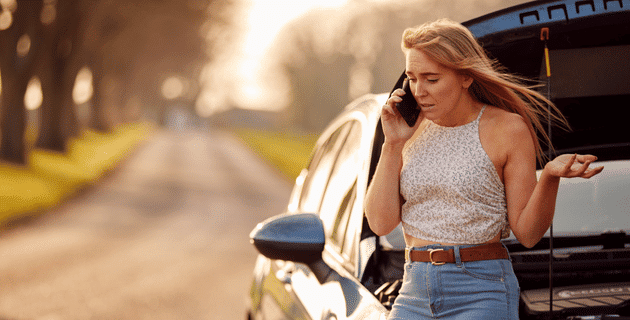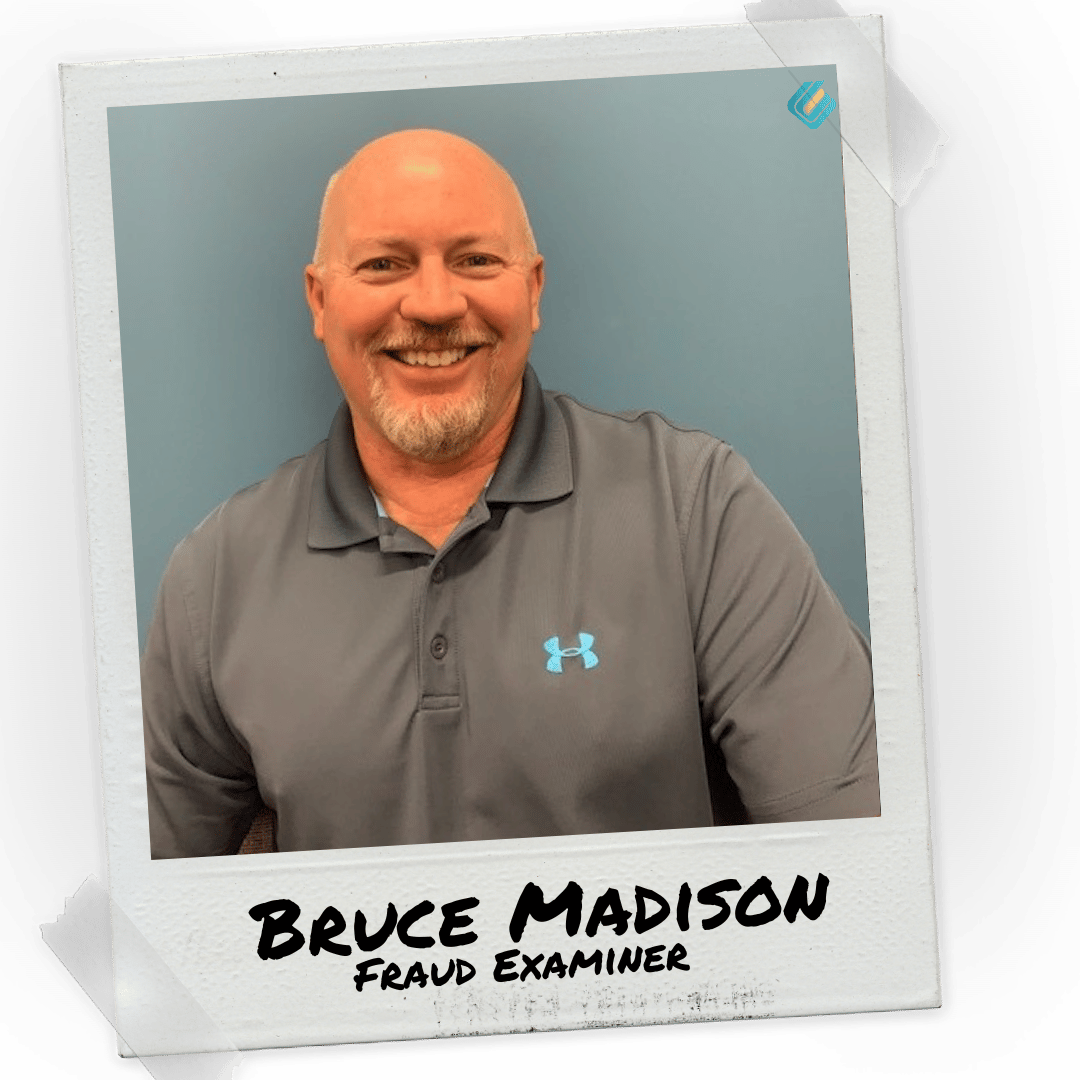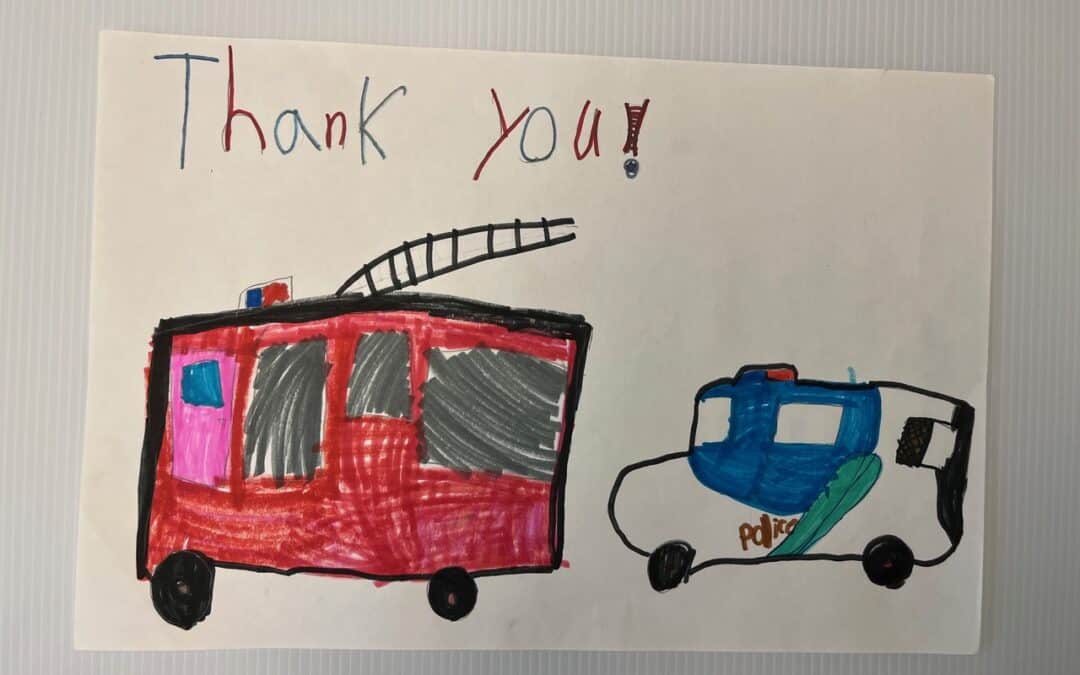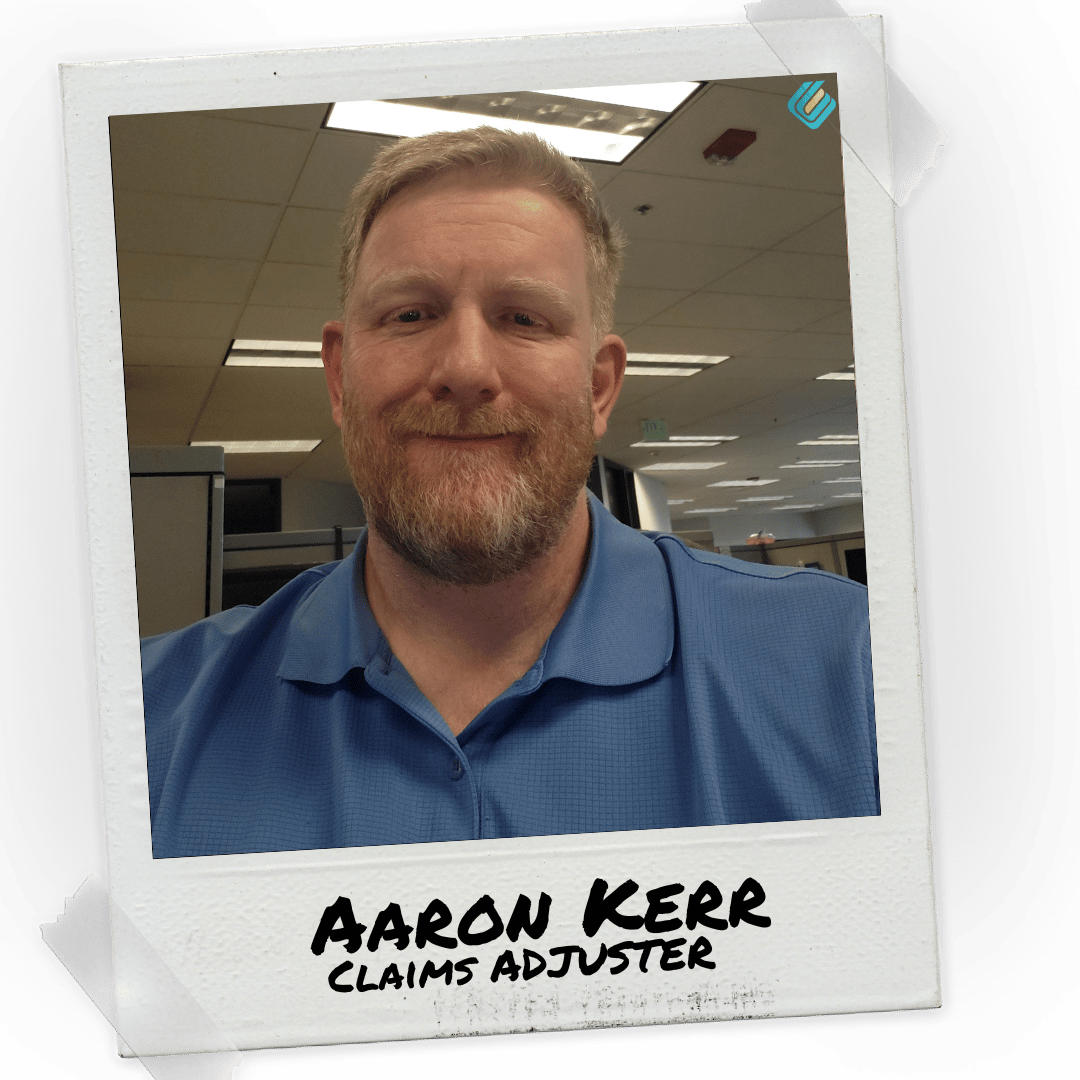
by California Casualty | Auto Insurance Info, Homeowners Insurance Info |
We love the spooky fun that Halloween brings. Yet sometimes the celebration can be scarier than we like. Mischief night vandalism, pumpkin fires, and even guests who had too much to drink can create frightening scenarios.
Fortunately, your insurance policy can cover many of these Halloween horrors. Read on to learn more, including how you can stay safe and protected this Halloween.
Vandalism or Theft
The night before Halloween brings out some mischief makers who may toilet paper your car or egg your house. Trampled lawns, broken lawn decorations, and shattered windows have also been known to occur before or on Halloween.
Are you covered?
Fortunately, vandalism and malicious mischief are covered perils in most homeowner and renter policies. The policy protects against losses caused by vandals or thieves. If it’s your car that is vandalized or stolen, however, your homeowner’s policy will not cover it. You have to have an auto policy with comprehensive (other than collision) insurance coverage.
What you need to know:
• Your homeowner’s or rental policy covers your home and other structures (such as a detached garage or gazebo) on an open-peril basis. That means it only lists the exclusions, the situations not covered. If it’s not listed, you are covered for it. Vandalism to your home is not excluded; therefore, it is covered.
• Personal property coverage is that part of your homeowner’s or renter’s policy that protects your possessions such as TV, furniture, and clothing. Personal property is covered on a named peril basis, not an open-peril one. With named perils, the policy lists the ones covered. Your policy will pay for 16 different named “perils.” In this case, vandalism is a covered peril. There are dollar limits for certain items such as money, jewelry, and firearms, so check with your insurer. For personal property coverage on a homeowner’s policy, you typically get 50 or 75% of Coverage A, the total amount of coverage for your home. Renters get to choose the amount of personal property coverage.
• For vehicles, comprehensive insurance covers vandalism and theft. However, if your car was paid off, and you don’t have comprehensive insurance, you would be responsible for the full costs to repair your vehicle.
• You will have a choice in how you will be compensated in a home policy (not an auto policy.) You can select replacement cost or actual cash value (ACV). ACV is the amount the item is worth, minus depreciation for its age. It will cost a little more for a policy that provides replacement cost since that is higher than ACV. You will get reimbursed minus the amount you have chosen for your deductible, the amount you pay out-of-pocket before your insurance company pays a claim. That’s why all of these decisions when you set up a policy are so important.
What else you can do:
• Park your car in the garage.
• Post no trespassing signs or beware of dog signs.
• Keep your yard brightly lit to deter vandals
.• Set up a video alarm system.
• Form a neighborhood watch to look out for mischief makers.
Halloween is a common time for fires, according to the National Fire Protection Association. Crepe paper, cornstalks, and costumes are highly flammable. Bumping into a pumpkin with a lit candle could have devastating results. Fire damage to your home or car can be extensive and expensive.
Are you covered?
If a fire starts accidentally on your property, you are most likely covered by your homeowner’s or renter’s insurance policy. If that fire affects your car, you are covered under your auto policy’s comprehensive insurance for damage or total loss.
What you need to know
• Depending upon the extent of the fire, your house may not be habitable. If that’s the case, you would be covered for any necessary increase in living expenses, such as lodging, food, and gas. Your policy’s living expense coverage will provide a flat percentage toward living costs, usually 30% of the Coverage A amount. Some states have time limits (e.g. 12 months) on when you can use that coverage. Plan to cover those additional expenses out-of-pocket.
• If your car is damaged by fire, your comprehensive coverage pays for it. This is coverage that is required if you are financing or leasing a vehicle. Comprehensive covers natural disasters, fires, vandalism, theft, and animals that damage your vehicle. However, if your car was paid off, and you don’t have comprehensive insurance, you would be responsible for the full costs to repair your vehicle.
What else you could do
• Use battery-powered lights in your pumpkins rather than candles with open flames. There are some very realistic flickering flameless candles available.
• Make sure your electronic decorations meet Underwriters Laboratory (UL) safety standards. This is an independent nonprofit organization that tests electrical components for potential hazards.
• Test smoke alarms before the holiday to make sure they are in good working order.
Dog or Cat Bites
Halloween can be a stressful time for pets. Doorbells, lots of strangers, and costumes could excite or frighten your dog. This might cause an otherwise friendly dog or cat to bite.
Are you covered?
You are covered under your homeowner’s or renter’s liability coverage. The policy pays for damages to the injured party. This can include medical expenses, lost wages, pain and suffering, and permanent scarring. The policy also provides a defense in court, if needed, for the policyholder. This is at the insurance company’s own expense.
What you need to know
• Liability coverage protects you if someone is injured and you’re legally liable. It could be at your place or it could be anywhere in the world.
• If you need more coverage, talk to your insurance advisor about an umbrella policy, which will provide much greater coverage.
What else you could do
• Remove your fur baby from the Halloween chaos. If your dog is crate-trained, he may feel most comfortable there.
• Keep your pet inside the house and give out candy on the porch or at a table at the curb.
Injured Trick-or-Treater
Slips and falls could occur on your property. Other injuries may happen, too. When visitors to your home are hurt, you could be held accountable.
Are you covered?
Your homeowner’s or renter’s policy includes liability coverage. This can be used to cover medical bills when someone is injured on your property. It can also cover legal expenses if they decide to sue you.
What you need to know
• Liability coverage protects you if someone is injured and you’re legally liable. You want to make sure you have enough coverage to protect your assets – a minimum amount is $100,000. Higher limits are strongly recommended and may be increased for a nominal fee.
• Bodily injury or property damage that results from a business in your home is not covered by your policy. You could however purchase an endorsement for your business to get that coverage.
What else you could do
• Make sure your property is well lit.
• Make sure paths to your house are clear.
• Be aware that trick-or-treaters may travel across your lawn. You do not want them tripping over tombstones or other decorations.
Alcoholic Incidents
Just as in the case of a trick-or-treater who slips and falls, an intoxicated guest who injures himself at your party could hold you liable.
Are you covered?
Again, your liability coverage will cover medical bills and legal expenses. Your policy also provides a coverage called “Medical Payments to Others.” The policy includes $1,000 but, for an additional premium, it can be increased to $3,000 or $5,000. This coverage will pay the necessary medical expenses to a person at the insured’s home with the permission of the insured. The insured doesn’t have to be liable for this coverage to pay out.
What you need to know
• Some states follow a “social host liability” law. If you host a party, and one of your drunken guests leaves and causes harm to someone else, you could be liable.
• You may be able to purchase social host liquor liability insurance. This is a short-term policy to cover a party where you are serving alcohol.
What else you could do
• Plan ahead for guests to stay at your place or arrange a safe ride home for them.
• Do not serve underage party guests. You could face fines and even criminal charges.
• Hire a professional bartender. They typically carry their own liability insurance.
• Stop serving alcohol at a designated time.
Finally, an annual review of your homeowner’s policy and your auto policy will ensure you are fully covered in any situation.
Happy Halloween!
This article is furnished by California Casualty, providing auto and home insurance to educators, law enforcement officers, firefighters, and nurses. Get a quote at 1.866.704.8614 or www.calcas.com.

by California Casualty | Auto Insurance Info, Safety |
It’s never a good sign when our cars start to screech, thump, or grind…However, while we may not be excited to hear these sounds, paying attention to them can help us take care of the problem before it gets worse- keeping us safer and maybe even saving us some money.
We compiled a list of common car noises and what they could mean. Read on to find out what your car is trying to tell you.
Banging
A loud bang Like a firecracker could mean that your vehicle’s fuel is burning at the wrong time. It could be that the fuel-to-air ratio has more fuel than it should or there’s an issue with the spark plugs. While this is not an emergency, over time it could damage your exhaust system, so get it checked out.
Clicking
If you hear clicking sounds as you turn the steering wheel, it could be from your CV (Constant Velocity) joint. The CV needs grease or it becomes dry. You may just need to replenish the grease, or you might have to replace the shaft boot if it’s torn and leaking grease. If the damage is extensive, you may have to replace the whole CV joint.
Growling or Grating
A low growl or grating sound when you step on the brakes could mean your brake pads have worn away. Brake pads push against metal rotors or drums. When they’re worn away, they can start to damage other parts and become a costly repair. You’ll want to take care of this as soon as possible.
Hissing
A hissing sound could indicate a fluid leak such as radiator coolant leaking onto the engine. If hissing occurs when you speed up, it could be a vacuum leak from a small hose around the engine’s air intake. You’ll need to replace the hoses or other components that are leaking.
Humming
If you hear a low drone or humming sound that increases in volume when accelerating, check your tires. Their tread could be worn-out or wearing unevenly. The wheel bearing in your tires also may be damaged, which is a serious issue. Your tires also may need an alignment and some air. Have tires and bearings checked and, if needed, replaced as soon as possible.
Knocking or Pinging
A knocking or pinging sound under your hood that increases as you accelerate can occur when fuel in your engine detonates at incorrect times. Sometimes this is the result of using fuel with too low an octane level. Other times, it is more serious. There may be a worn crankshaft bearing or a piston that needs replacing. Address this sooner rather than later.
Rattling
Rattling, vibrating, or squeaking sounds when you drive over a speed bump or pothole could indicate a problem with your suspension. There could be bad bushings, the cushions that help absorb road bumps. Try performing a bounce test. Step outside the car and press down firmly on the front corner. If you hear the sound, you will want to get it checked out. If your car is rattling when the car is idling, it could mean a damaged heat shield in your exhaust system. Check that out, too, to make sure everything stays cool when you’re operating your vehicle.
Roaring
Your car’s muffler is designed to muffle the roaring sound made by your engine. However, if there’s a crack in the exhaust system, the gases that cause the roar can escape before they reach the muffler. Deadly carbon monoxide gas can even leak into the cabin. A missing catalytic converter also can cause this sound. Get this sound addressed right away.
Pro Tip: Catalytic converter theft is a growing problem and they are expensive to replace. Consider getting your VIN number stamped on the catalytic converter or installing an anti-theft device.
Rumbling
A low-pitched engine rumble with vibrations can indicate an exhaust leak in a gasket, flex pipe, resonator or muffler. A dirty fuel injector could cause a rumbling sound. (Try adding a fuel injector cleaner to your gas tank). A dirty air filter could be another cause, so try replacing that part. Your oxygen sensor could be creating the wrong mix of fuel and oxygen. Finally, the sound could be caused by worn spark plugs that fire inconsistently.
Scraping
A rock or other debris stuck in your brake rotor could cause a scraping sound and cause damage over time. Get that removed before it becomes a problem.
Squeaking or Squealing
Squeaking or squealing could be caused by a number of things. If the sound happens when you brake, you may have worn brake pads, improperly cut brake rotors, or glazed brake pads that get too hot. You also may have broken anti-rattle clips or incorrectly installed insulation shims. If you hear loud squealing after you start your car, but then the sound gradually fades, it may be a serpentine belt that is failing. If you hear the squeal when you turn on the air conditioning, it may need a serpentine belt adjustment or replacement. Squeaking or whining when turning the steering wheel could be a power steering issue. There may be air in the fluid and adding more fluid could help. However, if you hear a high-pitch whine when you make a turn, the pump could be damaged. Get these sounds checked out for your safety.
Thumping
When you brake and hear a thumping sound, that means potential damage. A thumping in the rear could be rear brake drums and thumping in the front could be rotor damage. Rotor damage can be caused by a car not being used, and just sitting outside and rusting.
Washing Machine Sound
If your car sounds like a washing machine on the high-spin cycle with loose change inside, pull over as soon as safely possible. This likely means a loose lug nut is inside your hubcap. When that happens, the tire could fall off or you could have a blowout. Pull over as soon as you safely can. Jack up the car and use a lug wrench to tighten the lug nuts. Fill the tire if the pressure is low or swap it out for the spare tire. Call roadside assistance if needed.
Whirring
If your car whirs like a helicopter and gets louder as you travel faster, it’s most likely a worn-out wheel bearing. You can check this while driving. Turn the wheel to the left and then to the right and see if the noise disappears briefly. Wheel bearings should be replaced as soon as possible.
Figuring It Out
If you are able to do so safely, record the sound your car is making using your phone or other device. Then play it for your mechanic. This will help to pinpoint the exact sound you are hearing.
Finally, if your noise isn’t listed here, or you’re not sure about what sound you hear, it’s always a good idea to consult a trusted mechanic. This will help to find any problems and fix them before they become expensive issues.
Paying attention to your car’s dashboard lights and sounds will help you keep it well-maintained. Protect your vehicle with the right insurance and keep up with auto recalls for added peace of mind.
This article is furnished by California Casualty, providing auto and home insurance to educators, law enforcement officers, firefighters, and nurses. Get a quote at 1.866.704.8614 or www.calcas.com.

















